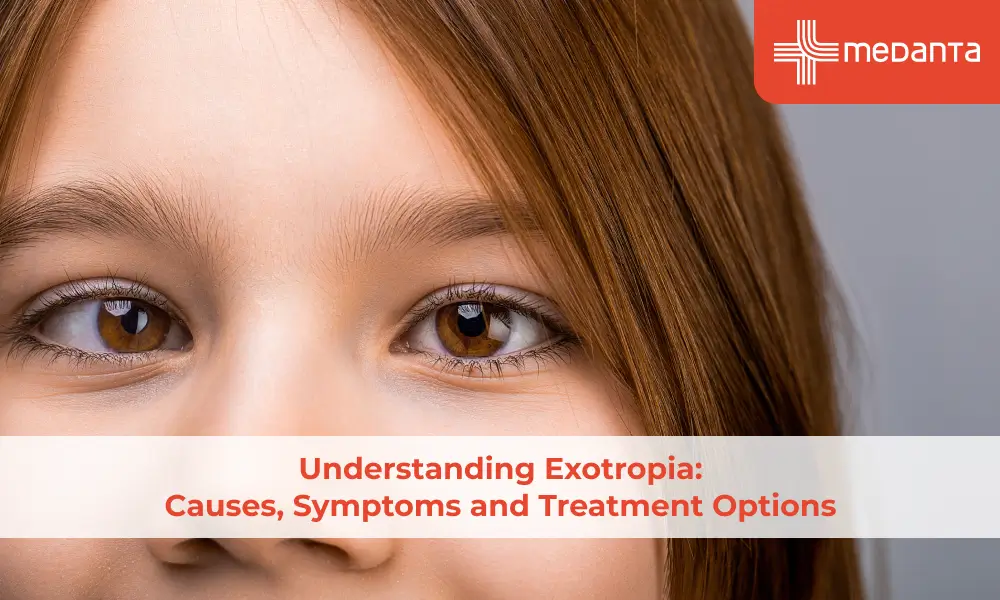Essential Healthcare for Managing Congenital Heart Defects
Congenital heart disease refers to a variety of structural issues with the heart that has existed in a person since birth. A congenital condition is one that you have from birth. Both adults and children with congenital heart disease may experience altered blood flow via the heart. Congenital cardiac anomalies can take many different kinds.
Congenital heart illness comes in a variety of less severe types. However, complicated flaws could result in potentially fatal issues. Nevertheless, improvements in treatment and diagnosis are extending the lives of those with congenital cardiac disease.
Patients with congenital heart disease require lifetime medical treatment. Routine checkups with watchful waiting, medicine, or surgery are all possible forms of treatment. Ask your doctor how often you need to be checked if you have adult congenital heart disease.
Preventive measures:
With modest congenital cardiac disease, a healthy pregnancy may still be achievable. If you suffer from a complex congenital cardiac defect, a healthcare professional might advise you against getting pregnant.
Speak with your doctor about the potential risks and difficulties before getting pregnant. You and your partner can talk about and make plans for any particular care required during pregnancy.
Congenital cardiac disease can run in families in some cases (inherited). A genetic counselor may conduct testing if you or a member of your family suffers from congenital heart disease to help determine the likelihood that future children will have certain heart problems.
Health care for CHD:
Talking with a cardiologist regularly is crucial for both individuals living with a heart abnormality and the parents of children who have one. The ability of parents of kids with heart problems to make the most appropriate decisions for their child's health is made possible by routine visits to a cardiologist. Adults with heart defects can make the best decisions regarding their health thanks to these visits.
It is crucial to inform any new healthcare professionals of the child's CHD as they transfer from childhood to adult healthcare. Adults and children with CHD will be able to live the healthiest lives possible, provided they receive ongoing, adequate medical care for their particular heart problem.
Treatment for CHD:
Juvenile congenital cardiac disease is frequently effectively treated. Some congenital cardiac conditions, however, might not be severe enough to be fixed during childhood, yet they still pose a risk to adults.
The degree of congenital cardiac disease in adults will determine how it is treated. Only sporadic medical examinations may be necessary for those with relatively small congenital cardiac abnormalities to ensure the disease doesn't get worse. Adults with congenital heart disease may also have surgery and other medical procedures.
Lifetime precautions:
Even when the heart abnormality has been fixed, many people with CHDs are currently not healed, despite advances in treatment. Additional cardiac issues could develop as an individual with a heart abnormality grows and ages. After the original childhood surgeries, more drugs, operations, or even other treatments may be required. To be as healthy as possible and take care of specific health conditions, some people with heart defects require lifelong care.
The following are the things that need to be done to manage CHDs:
- Nutrition: Some infants with CHDs may get weary when eating and may not consume enough food to gain weight. In addition, some kids with CHDs may expend more energy due to the additional work their hearts may need to undertake to make up for a defect.
- Medications: Many children and adults with CHDs will require medication to treat issues related to their heart defects. For instance, certain medications assist in blood pressure reduction while others assist in heart muscle strengthening. It's critical for both adults and children with CHD to take their medications as directed.
- Physical exercise: Being physically active is crucial for maintaining good health and helps strengthen the heart. If any physical activities should be avoided, adults with CHD and parents of children with CHD should talk with their healthcare providers as to which exercise programs are safe for them or their children, respectively.
Pregnancy: Among the most typical heart conditions for expectant women is CHD. People who have certain forms of CHDs may experience heart stress during pregnancy. Numerous CHDS patients experience healthy, uneventful pregnancies. Before becoming pregnant, women with CHDs who are thinking about having a child should chat with a healthcare professional about how the pregnancy may affect them.






